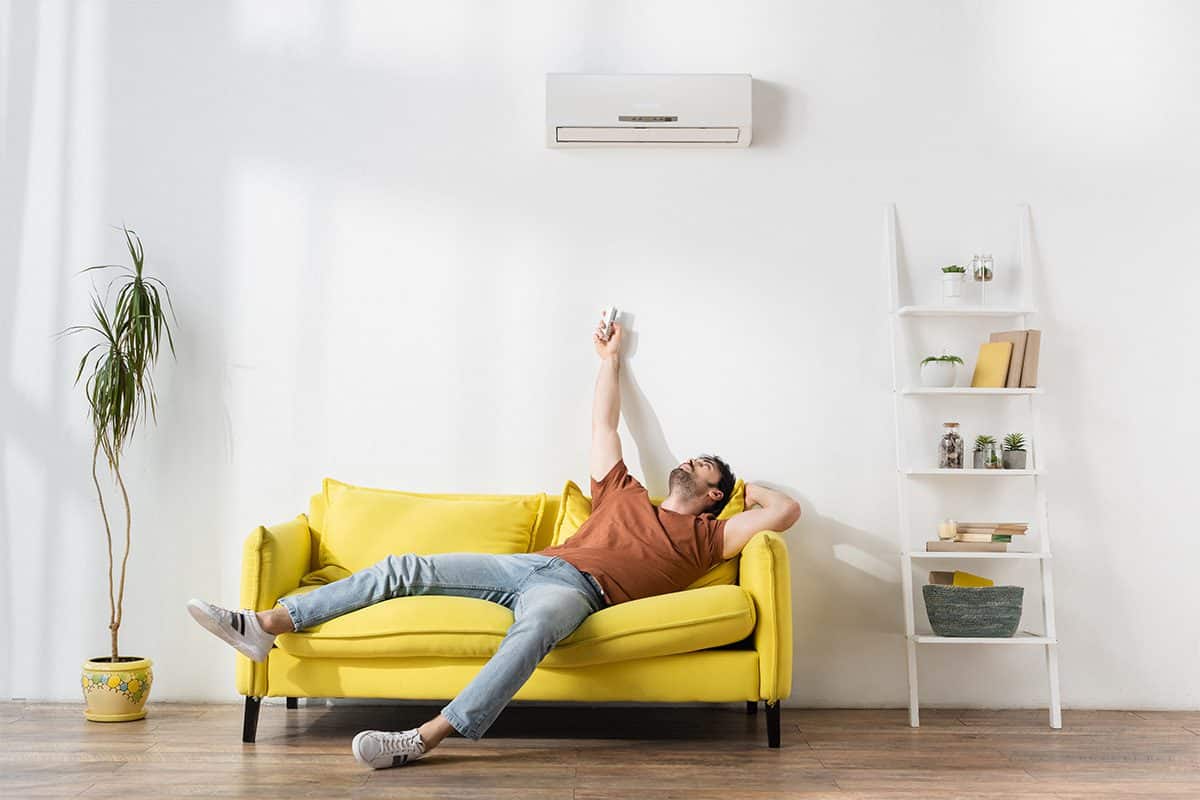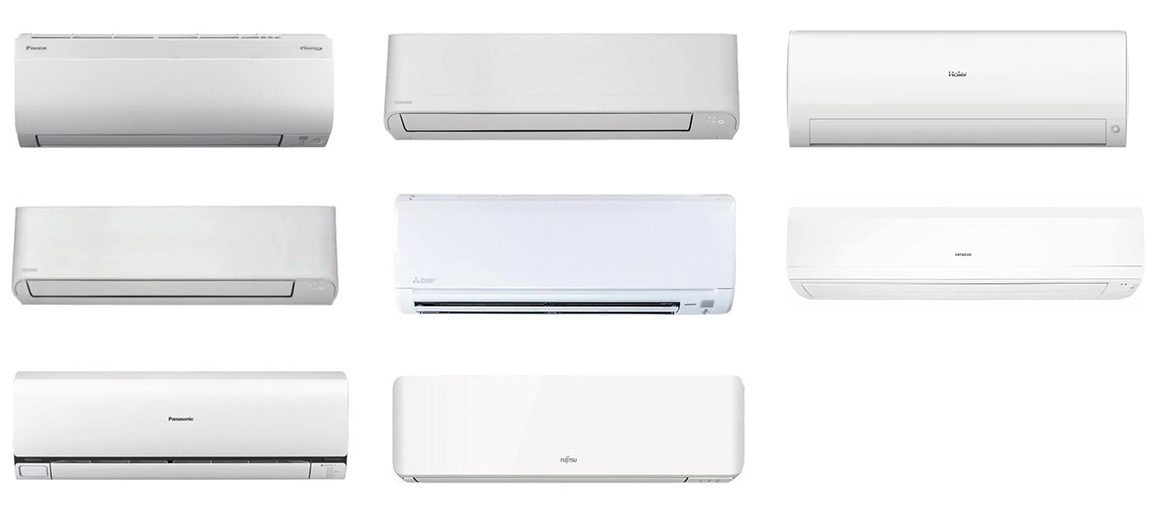
Benefits of air conditioning.
Air conditioning provides numerous benefits around comfort, health, and productivity. The primary function of air conditioning is to regulate and control the indoor temperature. So, wherever you spend extended periods – the home or office, a consistent and desirable temperature ensures a pleasant and conducive atmosphere.
In Summer, when the heat pump becomes your air conditioner, the filters purify the air by removing dust and allergens, making for a much healthier indoor environment. There is less moisture in the air, which eliminates that muggy humidity as well as contributing to better respiratory health. A cool room can also significantly improve sleep quality, which is essential for overall health and well-being.
In the workplace, air conditioners have been linked to increased productivity in both workplaces and educational institutions because heat can lead to fatigue and decreased concentration. Air conditioning is also crucial in preserving electronic devices and certain materials that can be affected by high temperatures.
Portable air conditioning vs fixed.
Portable air conditioning is often used by renters so that they can take it with them. They require no installation or structural changes to the building. However, their cooling and heating capacities are generally much lower than fixed systems, which are powerful and designed to cover larger areas. Because the compressor and fan are located within the unit, they are generally noisy – especially in smaller spaces.
Fixed air conditioning, also known as an AC unit, is far more efficient on the power bill, saving as much as one-third of the power used to run other heating/cooling appliances. Fixed units tend to operate more quietly because the noisy components are outside the home.
What’s the right size for my home?
When selecting the right air conditioner, it depends on the size of the room or area you are trying to cool down. Mitsubishi Electric has a great calculator to work it out. It considers your house’s size, whether it’s insulated or not, and the New Zealand region you reside in. Click here to work out what kW of heating you need.
This is a rough estimate because it doesn’t consider the details – like if your lounge has floor-to-ceiling glass bi-folds. It can’t account for factors related to the glass, such as solar heat gain, heat loss through the glass, and potential drafts. Therefore, this is only a starting point for figuring out the best air conditioning solution for your home.
Which brand of air conditioner is the best?
There are quite a few brands of air conditioners around at the moment: Carrier, Mitsubishi, Panasonic, Toshiba, Daikin, Fujitsu, Haier, and Hitachi. In our opinion, the differences among them are minimal, lacking a distinct brand that stands out. While we still consider Mitsubishi the most silent, the ongoing competition to refine air conditioning systems has led to continuous improvement across all brands with each subsequent model release. Typically, it comes down to looks and price.

What does it cost to install air conditioning?
For the air conditioning hardware, Mitsubishi and Carrier brands are the most popular by price. When it comes to installation, it can take anywhere from half a day to a full day. It all depends on the locations of the internal and external units. This determines the length of pipe and cable needed and where the time is taken.
We have repaired a few installations that have gone wrong. For one couple, it all started with a patch of wet carpet. In the end, all the GIB had to be pulled off the wall and the drainpipe fixed – it had been installed with a kink in the drainpipe.
What’s the best temperature to keep the air conditioning at?
The best temperature to set your air conditioner during Summer is between 20 and 22 degrees Celsius for maximum efficiency. Your home won’t cool down any quicker if you set the temperature lower, but your unit will work a lot harder – resulting in using more power.
Does my air conditioning need to be regassed?
If installed correctly, an AC unit should not usually have to be regassed. However, older units or those not installed by a professional installer may need to be assessed and serviced. This involves checking for refrigerant leaks, fixing a leak if present, and replacing refrigerants if required. To be able to complete the regas, you must have certification to do so – there is a professional standard that promotes safe and environmentally responsible practices.
Use your phone to operate.
Many brands have models that can be controlled through Wifi – you can turn it on, adjust the temperature, and monitor your air conditioning unit from your phone. You can create personalised schedules for your air conditioning system with different temperatures for different times or days of the week. You can pre-cool your living space before you arrive back from work or the beach. You can receive reminders to change air filters or alerts about system malfunctions. And no more looking for the remote; use your phone.
Where do I start?
Book a consultation with French Electrical, and we can measure the space and provide recommendations. Fill in the form here on our website, and we’ll be in touch to organise a suitable day and time
